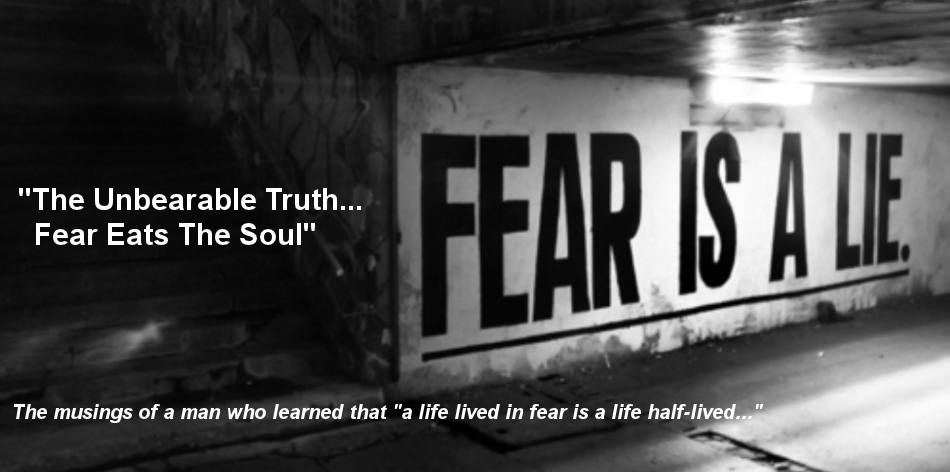
Week Twelve, Day Four
Matthew 21:12-17
Jesus never condemned sinners, but he often rebuked the righteous and, particularly, the self-righteous. In the end, he reserved his greatest expression of anger for the righteous who made it difficult for the poor to worship God. Yesterday we talked about the expression of Jesus’ anger about the neglect and abuse of the poor.
According to Matthew, Jesus explained his actions by quoting from Isaiah 56: “My house shall be called a house of prayer for all people.” He then adds “But you have made it a den of robbers.” That last part is not in Isaiah. What is in Isaiah, though, is a teaching of radical inclusion. The statement that God’s house is to be “a house of prayer for all people” comes in the middle of an amazing statement of how the messiah will create a realm in which ALL are welcome.
Specifically, Isaiah singles out the foreigners; think immigrants and outsiders. Even more explicitly this passage promises to eunuchs—think those who are excluded because of their sexuality—a special place and “a name better than sons and daughters.” The inclusion of daughters there makes it clear that Isaiah was not talking about males who had been castrated.
In quoting this radically inclusive passage from Isaiah, Jesus is defining again the kind of messiah he was, the work he had come to do, and the kind of reign he had come to establish. His disciples didn’t get it, and I’m not sure we get it now. Even today the Church debates who can be allowed fully into the House of God. What part of “all people” don’t we get?
Matthew then says, “The blind and the lame came to him, and he healed them.” I can’t help but wonder if the Church’s lack of spiritual power is directly linked to the fact that we have spent so much time defining who is in and who is out. Or maybe we lack the power to heal because we aren’t as passionate in our defense of the poor. Either way, what we have is a synopsis of what the Body of Christ ought to be about: fighting for the poor, including all people in the community, and healing the hurting. The one last image in this passage is how the chief priests and scribes got angry because the children were worshipping Jesus. That probably means it is something we should be doing, too.
Blessings,
Michael Piazza
President, Hope for Peace & Justice

No comments:
Post a Comment
Comments may be moderated and will appear within 12 hours if approved.